
Every year Christmas seems, and does, start earlier and earlier.
Come the 20th of November and stores, Malls, shopping centers, all begin decking windows and streets with lights, Merry Christmas signs, and music.
Traditional carols or villancicos, are heard everywhere, reminding us that the season to be jolly is around the corner, almost on top of us.
Navidad, from the Latin nativitas-atis, birth, which gives us the English Nativity, used to start with the feast of the Immaculate Conception, la Inmaculada, December 8.
Navidad is also known as Pascua, from the Hebrew pasah, which is the season from the 25th of December to the 6th of January, -yuletide- when the Magi (singular magus) come.

Not that long ago people would say ¡Felices Pascuas! Or ¡Felices Pascuas de Navidad!, instead of the more modern ¡Feliz Navidad!
The expression hacer la pascua, means to annoy, harm, ruin someone. It beats me why.
Christmas in Spain
In Spain, the fun, joy and merriment get underway the 22nd of December with the Lotería de Navidad.
The whole world and his wife have bought a lottery ticket for that day.
Long lines of purchasers wait patiently at some lottery office –it is a State monopoly- to buy special numbers, or números bonitos.
Superstition says that certain numbers are bonitos and others, feos which, I suppose, go unsold.
On TV newsreels we can watch people celebrating their luck by opening Champagne bottles and getting drunk.
El gordo, the jackpot, the big prize, is worth 3 million euros.
Many households, churches and even stores, set up Nativity scenes, Belén, featuring Joseph, Mary, the Baby, donkeys, camels, and the three Wise Men.
City Halls also set up a Belén. Christ was born in Belén, Bethlehem, thus the name for these Nativity Scenes.
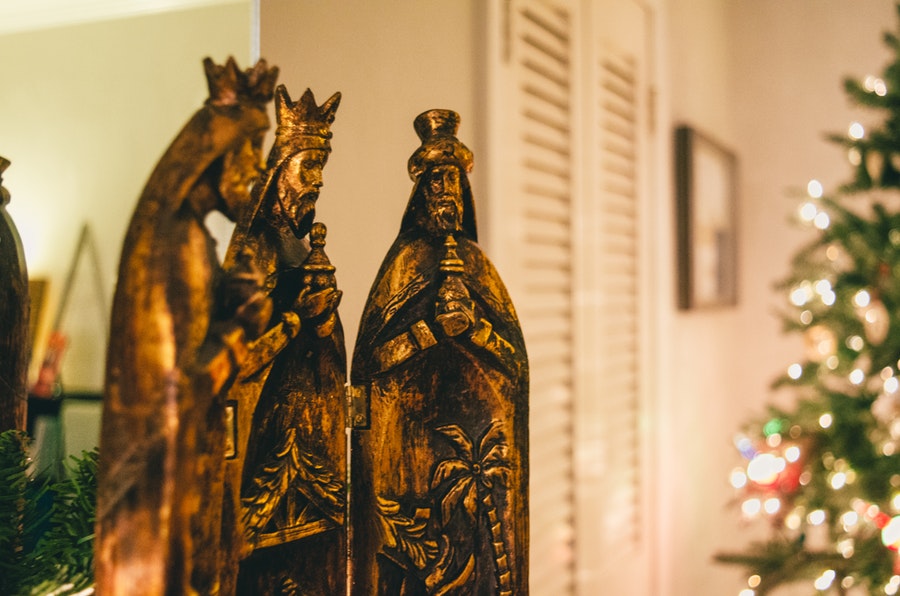
Spain imported the American custom of Christmas-Card sending.
But as things and habits change, this year I have received only one and I have sent none. Internet is turning things upside down.
We can guess that the Greeting Card Industry is lamenting this forsaking of traditions.
The 24th Christmas Eve, Nochebuena, is a day of hustle and bustle, preparing supper.
Nochebuena traditions
Spain, Cuba, Puerto Rico, the Philippines and Latin America all celebrate, one way of the other, this Nochebuena, which unites families to make merry, drink and eat to their hearts’ content.
The fare differs from country to country, from region to region and from family to family.
In Spain, turkey was the staple for that night, but better times have relegated the bird to almost last of all possible choices.
Marisco, crabs, lobster, shrimp and other seafood are favored by most.
Also read: 12 Steps to enjoying holidays with family

Santa Claus is invading Hispanic countries and competing with the Three Wise Men, Los Reyes Magos, whose names are Melchor, Gaspar and Baltasar, Melchior, Casper, and Balthazar.
Even the árbol de Navidad, a northern European and American tradition, is to be seen everywhere and in almost all households.
El día de Navidad, people open their gifts, if they get any, and then proceed to have lunch which in Spain consists of leftover from Nochebuena.
There are always plenty of leftovers as Spanish mothers have eyes bigger than their families’ stomachs.
The 28 of December marks the Día de los Santos Inocentes, the equivalent of April’s Fools’ Day, and all sort of silly pranks are practiced.
Even newspapers publish mock news to shock people.
Nochevieja, New Year’s Eve, is more of the same but with more drinking.

New Year’s Eve and Reyes Magos
The swallowing –literally– of 12 grapes as the clock strikes twelve, is a tradition that began in Spain early in the XX Century, has spread to many Hispanic countries.
Las uvas, bring luck, but I am not sure.
Last year I refused to choke on them and my bad luck did not alter; it was not worse, I mean.
¿Dónde vas a tomar las uvas? is a question you will hear that day. En casa de mis padres, is the normal answer.
After las uvas, more drinking, eating and dancing, greeting the New Year with a hangover.
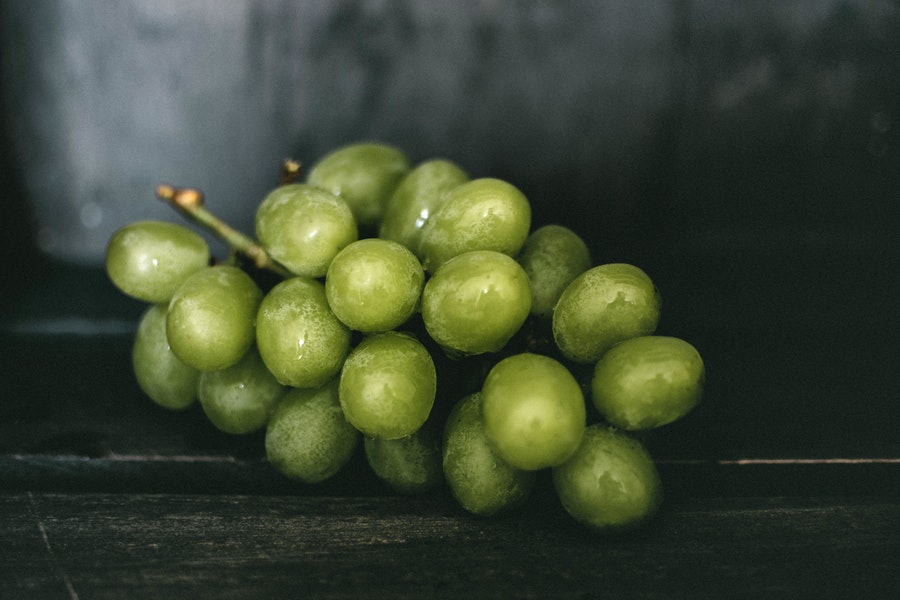
So, festivities are over.
Christmas is over, but not in Spain.
The Reyes Magos are coming the morning of the 6th of January, so the second of January people go crazy –literally- purchasing knickknacks and toys for the children: guns for the boy and dolls for girls.
The Reyes Magos used to come to bring children presents, but adults also want something.
Of course, it is most important to write the Magi a letter explaining how very well we have behaved, and attaching a list of presents.
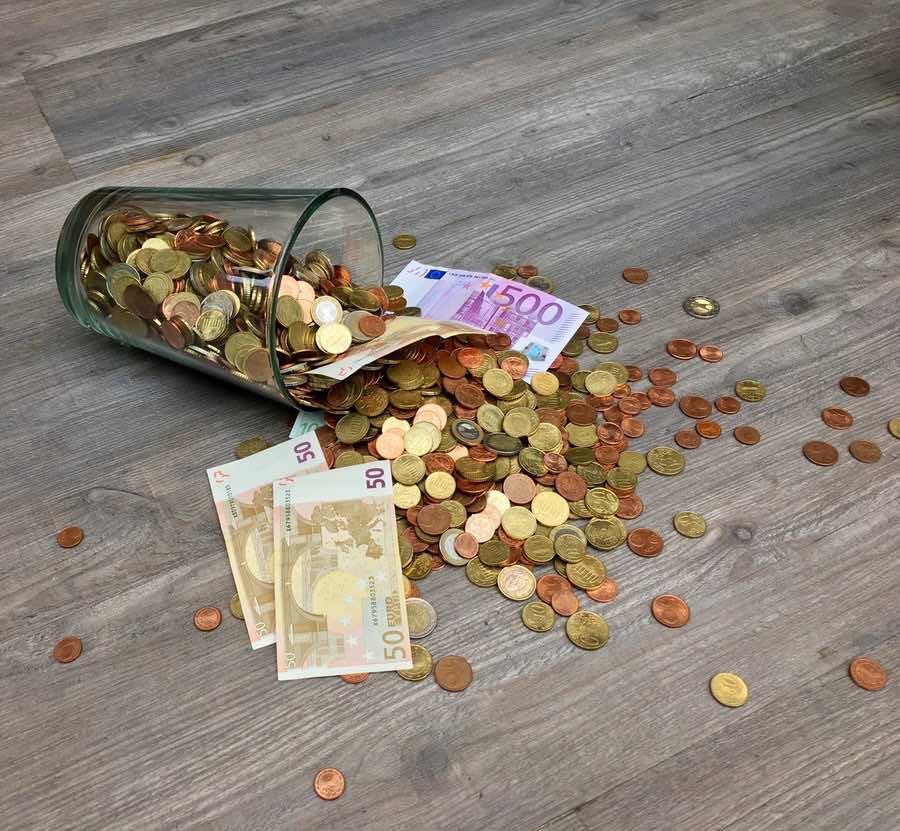
And then Christmas is officially over.
After all the drinking, eating and purchasing, January becomes the longest month of the year.
In Spanish, the difficulty in making ends meet this month is referred to as la cuesta de enero.
I keep saying that Christmas, Navidad, is a religious holiday, not a gastronomic one.
But what I say falls on deaf ears. I will climb a soapbox again next year.
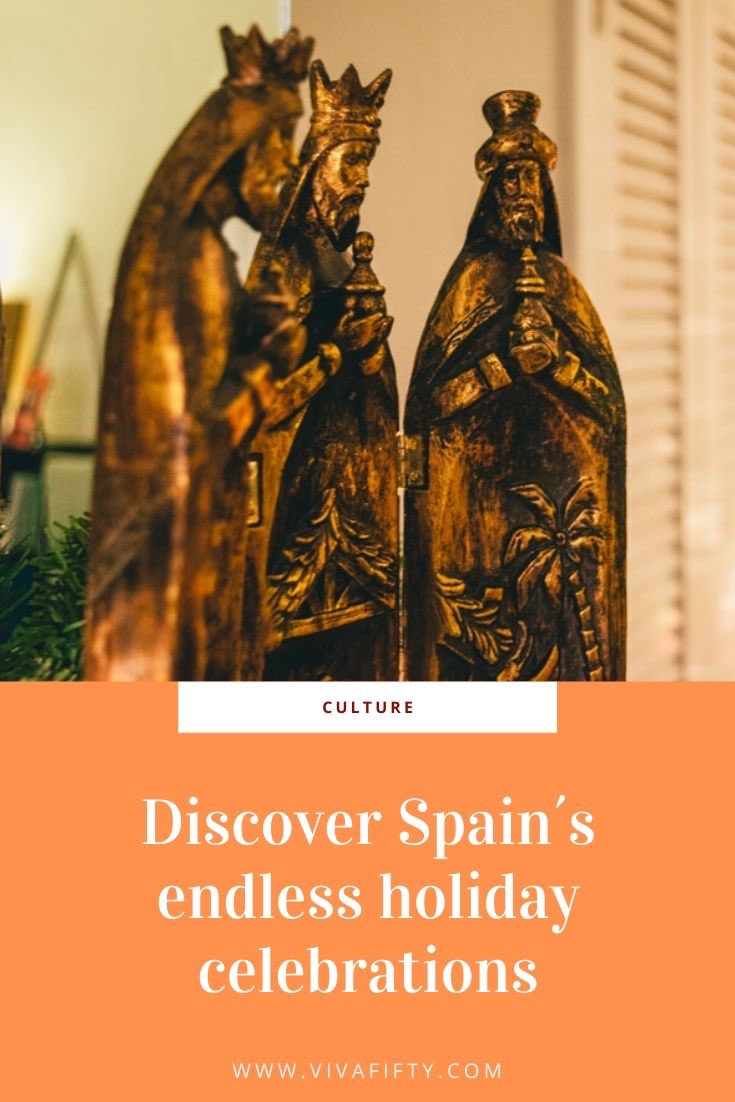

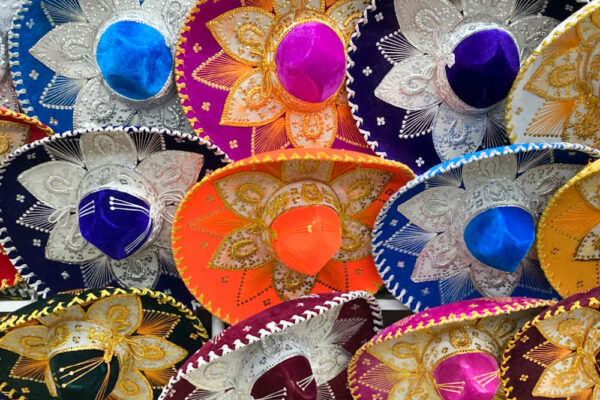


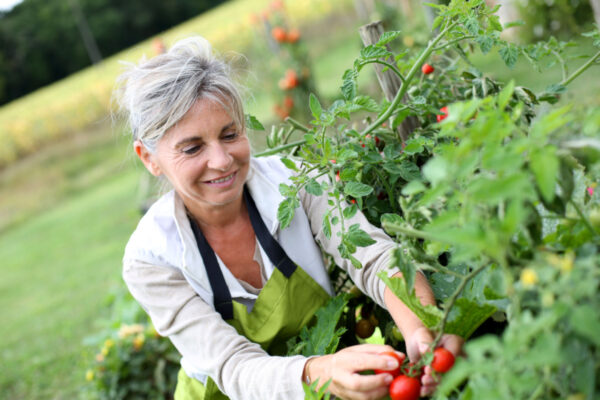
Leave a Reply